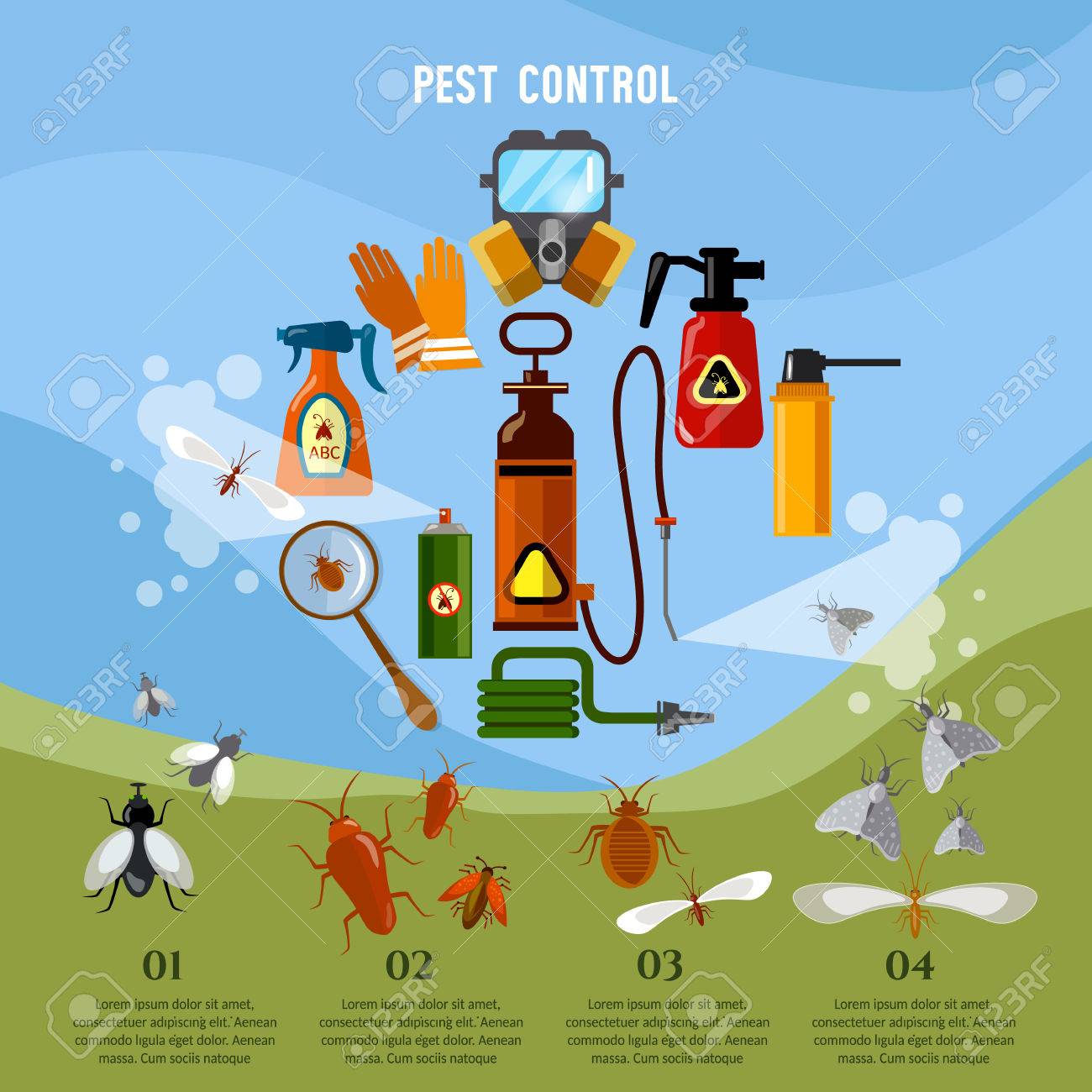Handling Rodent Infestations: Insights Right Into Rat Psychology
Handling Rodent Infestations: Insights Right Into Rat Psychology
Blog Article
Published By-Wynn Waugh
When it comes to rodent control, comprehending common rodent actions is crucial to efficiently taking care of problems. Did you recognize that rats have some interesting nesting behaviors that might shock you? By discovering their complex actions, you can obtain useful understandings into how to deal with rodent issues in a much more tactical and reliable fashion. So, allow's untangle the mysteries behind these animals' activities and discover just how to outmaneuver them in your rodent control efforts.
Rodent Nesting Habits
When observing rodents in their all-natural environment, you'll observe that they actively seek out materials to create their nests. Rats, such as mice and rats, are clever animals that make use of a range of things like twigs, leaves, paper, and textile to construct their homes. They're meticulous in their nest-building procedure, usually lining their nests with softer materials like fur or feathers to develop a relaxing atmosphere.
Rats prefer to develop their nests in concealed and safe and secure places to secure themselves and their young from killers. Common nesting spots include wall tooth cavities, attics, basements, and also within insulation products. By constructing their nests in these remote areas, rodents can safely raise their offspring away from possible dangers.
updated blog post is essential to comprehend the nesting habits of rodents when carrying out control actions. By disrupting their nests or removing products, you can inhibit rats from developing a presence in your home or residential or commercial property. Correct cleanliness and sealing entrance factors are additionally important steps in avoiding rodent infestations.
Rat Feeding Patterns
After observing rodents' nesting habits, it comes to be evident that their feeding patterns play an important duty in their day-to-days live and actions. Rats, including computer mice and rats, are opportunistic feeders, suggesting they'll consume whatever food resource is readily offered. They're mainly nocturnal animals, liking to forage for food during the cover of night to stay clear of killers.
Rodents have a varied diet plan, ranging from grains, seeds, fruits, and vegetables to bugs, nuts, and also little animals. This versatility in their food options allows them to thrive in various environments, including metropolitan areas where human food sources are bountiful.
Their feeding patterns aren't only driven by appetite yet also by the requirement to stockpile food for times of deficiency. This habits is particularly obvious to prepare for winter season or when nesting. Rats are known to hoard food in their nests or burrows, ensuring a continuous food supply. Understanding their feeding patterns is essential in applying efficient rodent control steps to interrupt their food sources and prevent infestations.
Rodent Activity and Traveling
Rats navigate their surroundings with agility and stealth, using their eager detects to relocate quickly with their environments. These creatures are proficient mountain climbers, able to range wall surfaces and upright surfaces with ease. They can also press with remarkably tiny openings, making it critical to seal off any type of possible entrance points in your home.
When it concerns taking a trip, rats often tend to comply with familiar courses, developing routes along wall surfaces or skirting the sides of spaces. They're creatures of habit, typically staying with these established routes as they forage for food or discover their environments.
Rodents are understood for their nighttime practices, so you may hear them hurrying around during the night as they search for food and water. Their motions fast and irregular, enabling them to dart in and out of sight in the blink of an eye.
Comprehending exactly how rats relocate and travel can help you determine prospective infestation areas in your house and take proactive steps to prevent these bugs from obtaining a foothold.
Final thought
As you work to regulate rats in your house, remember that understanding their behavior is key. By acknowledging spider pest nesting practices, feeding patterns, and movement, you can effectively prevent problems.
Together, by taking https://doublegpestcontrolquincyil.s3.amazonaws.com/dgpestcontrolquincyil.html to get rid of food sources and seal access factors, you can interrupt their acquainted paths and force them to look for brand-new places, inevitably reducing the likelihood of rodent existence in your living spaces.
